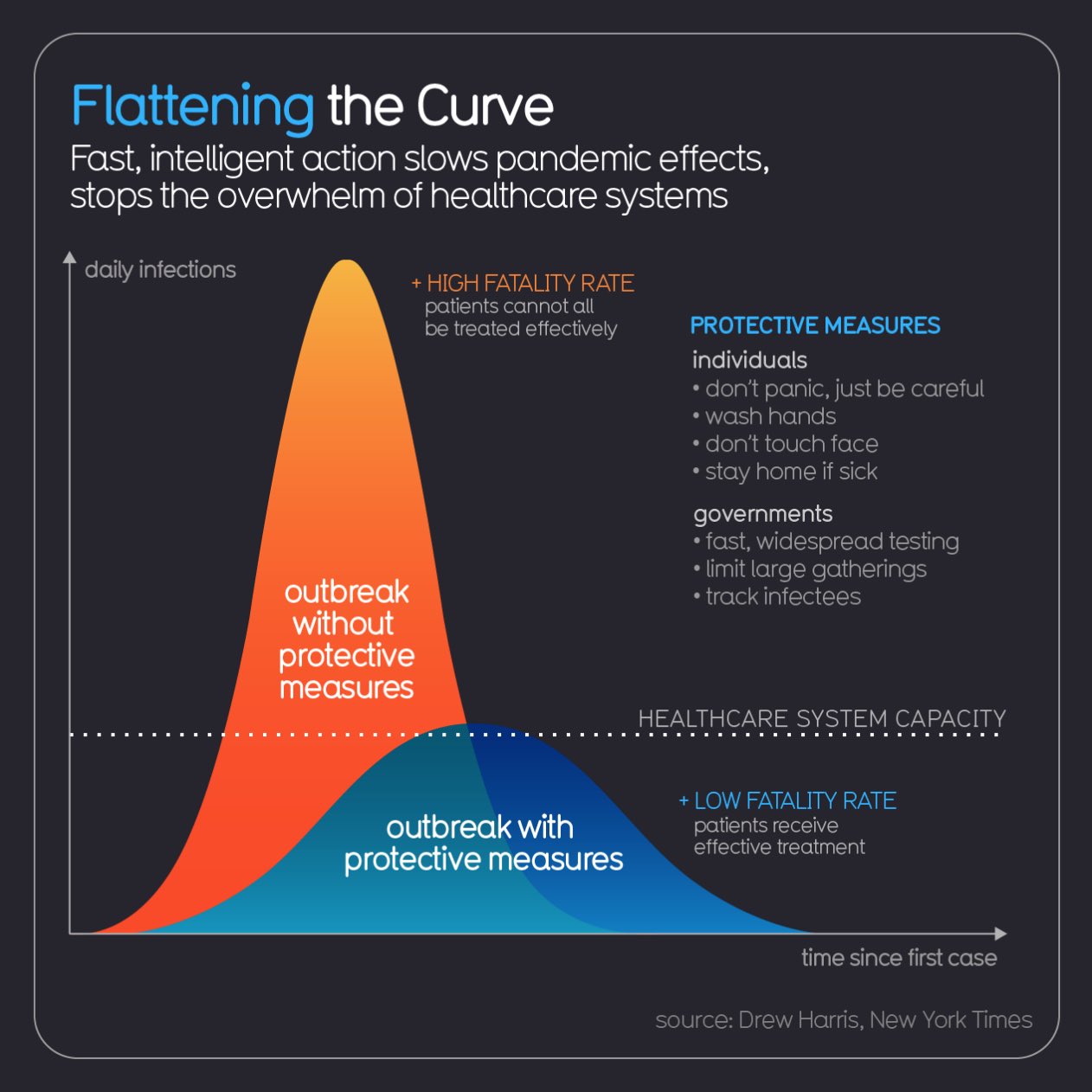Social distancing and other precautions are effective means of reducing the spread of the coronavirus strain, COVID- 19. Health professionals refer to these practices as “flattening the curve.” Basically, social distancing requires maintaining a distance of at least 1 meter between any two people hence reducing the chances of the virus jumping from one person to the other.
What is social distancing?
The social distancing definition may vary depending on why people are practicing it. However, it means maintaining a safe distance from other people, avoiding mass gatherings, etc. In reference to the COVID-19, CDC recommends maintaining a distance of about 6 feet or 1.8 meters whenever possible.
Social distancing illustration Video courtesy fo VOANews
In addition to preventing the spread of the disease and safe lives, social distancing will also reduce strain on already stretched healthcare services. However, flattening the curve should not isolate us from each other. To reduce the spread of coronavirus in a more humane way, we still need to get and share reliable information about the virus, be kind to one another, be empathetic, try and maintain our health in good shape and more.
Precautions to Reduce Spread of Coronavirus
Other than social distancing, there are other practices that will greatly reduce the spread of coronavirus. This includes maintaining good hygiene, seeking medical care when sick, avoiding contact with other people when unwell, washing hands regularly and thoroughly, being careful, self-quarantine, and more.
